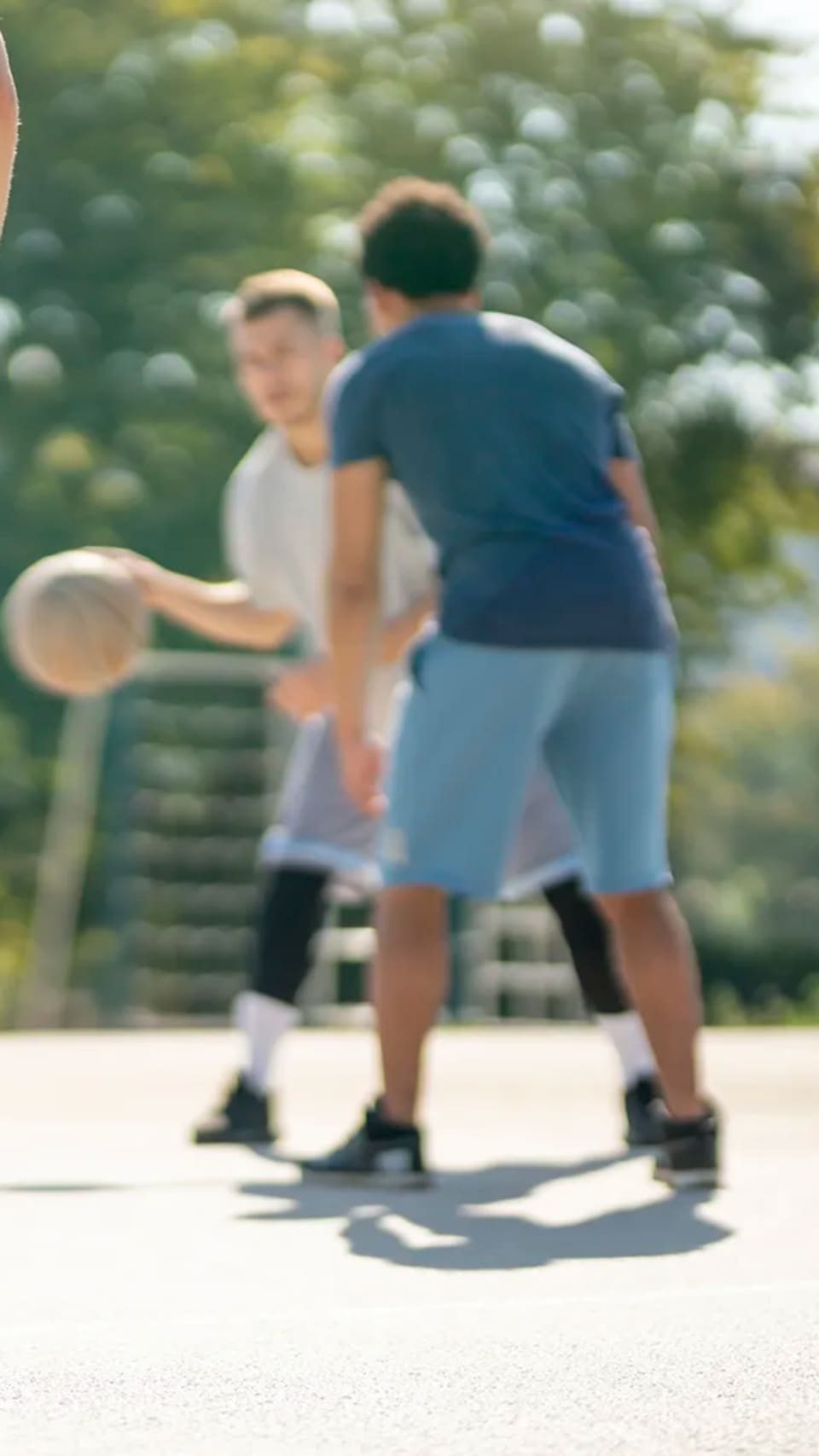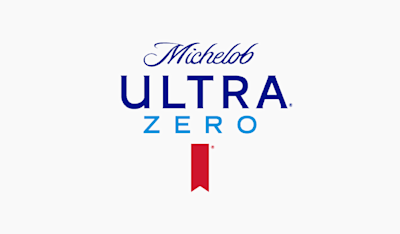
Olympic and Paralympic week
What does Olympism mean for preschool children? And what about Para sports for high school students? Education is the best way for the energy of the Games to benefit all generations, and it takes centre stage during Olympic and Paralympic Week.
Paris 2024 organises Olympic and Paralympic Week, an annual weeklong event, to promote youth participation in sport and rally the educational community around the values of citizenship and sport. Another aim of Paris 2024 is to integrate sport into all educational subjects and give students the opportunity to meet sporting champions.
Following on from France’s national school sports day every September and Olympic Day on 23 June, Olympic and Paralympic Week is a key moment to promote education through sport and bring the values of citizenship and sport to classrooms.
Bringing the worlds of education and sport together
Olympic and Paralympic Week is a joint initiative between the French Ministry of National Education and Youth, the Ministry of Higher Education, Research and Innovation, the Ministry of Sport and the sporting movement (CNOSF, CPSF), as well as school and university sports federations (UNSS, USEP, UGSEL, FFSU), and the Olympic and Paralympic Federations. It is organised in schools and higher education establishments and covers all ages, from nursery to university, in France and French overseas territories and in French schools abroad in the AEFE network.
Everyone—teachers, students and their parents, as well as athletes and sports associations—can put forward their ideas for school projects on a dedicated platform. During the week-long event, class time is split between general lessons, where sport is used as an educational tool in subjects such as maths, history, geography and English, and sports and exercise.
One week to change perceptions
Olympic and Paralympic Week enables teachers to:
- Build awareness of Olympic and Paralympic values among their students
- Use sport as an educational tool
- Discover Olympic and Paralympic disciplines with their students
- Change the way young people view disabilities and encourage them to take part in sport
- Empower young people to get involved as volunteers
Various operations are organised, including activities that bring people together around Olympic and Paralympic sports, inspiring meetings of students and athletes, classes using sport as a resource for learning other disciplines, cultural discovery sessions structured around sport, and activities that promote awareness of disabilities.
Integrating sport
Sport can be applied in all subjects. In maths, for example, you can use the dimensions of a football pitch or tennis court to calculate perimeters and surface areas; in history, a student can examine the origins of the Paralympics and how they helped to rehabilitate military veterans who were wounded in action; and working on international athlete profiles allows students to hone their foreign language skills.
Through their interactions with high-level athletes, young people will be able to discover the Olympic and Paralympic disciplines and develop their interest in sport and exercise.
Teachers and advisers reflect on the benefits of Olympic and Paralympic Week
Olympic and Paralympic Week can be celebrated in many different ways – it’s totally flexible and anything is possible. In 2019, we organised an activity related to disabilities, which changed my students’ perceptions. Many of the year 10 students who took part chose this subject for their French Brevet oral exam. So, we did it again in 2020, with wheelchair basketball. The opportunity for students to meet top athletes is another highlight of Olympic and Paralympic Week. All the students are amazed when they get to touch their medals and hear their stories! Many of them think that there is a culture of entitlement and that athletes are simply born as high-level performers. They are always stunned to see that everyone has had to fight hard to get where they are, and they get a better understanding of what it means to be a high‑level performer. They learn about all the work and effort that goes into the medals and achievements. They understand that the person who finishes 10th has done just as much work as the person in first place. They understand that behind every sporting effort there are concessions that have been made, and lots of hard work and sacrifice.
I like to have a project that brings my students together when they arrive for their first year of secondary school. That way, we can unite all the classes around good values that go well beyond the world of sport. We have held special classes for the educational inclusion of students with disabilities (ULIS) since 2019. That is why we invite the regional disability sports committee to visit us. They offer opportunities for the children to put themselves in the position of people with disabilities, such as football 5‑a‑side for the visually impaired and a wheelchair obstacle course. In 2019, the students were keen to get involved and they all learned something from this experience. Putting themselves in the position of a Paralympic athlete or meeting one really opens their eyes to disabilities. Olympic and Paralympic Week is also an opportunity for some great teamwork between the teachers. It rallies an educational team together. Everyone benefits from it.
In 2019, an Olympic medal-winning fencer came to visit a year 3 class to explain the Games and his sport. We then went into the playground, where he taught the students how to use a foil. This athlete had a very good rapport with the children. It was a wonderful experience. Having a champion with us was truly incredible! It really got the students interested in a rather unusual sport. One of them was already in a fencing club and was very proud to bring in his equipment and show it to everyone else! After the event, other children found a fencing club in their neighbourhood.
In 2019, we focused on the theme of Olympic culture and diversity in both P.E. and the Olympic Games. The idea was to show that Olympism is not just about television and sponsors, but the Olympic culture, which is full of incredible stories and struggles with the Games. We realised that the children held fewer stereotypes than we did in terms of gender, even though some of them persist. It is a long-term effort, but it is very interesting in terms of learning. Olympic and Paralympic Week is a major event that we can read about in the press. Being able to actually experience it at school highlights its importance. The children feel that they are experiencing an extraordinary moment. For the next Olympic and Paralympic Week, some students will be going to Sorbonne University, where they will take part in a game based on the history of the Olympic Games. Without Olympic and Paralympic Week, I do not believe that we would have been able to access three rooms at the Sorbonne, including the legendary Salle Coubertin. It really adds value and gives us the opportunity to make all our projects more special.










